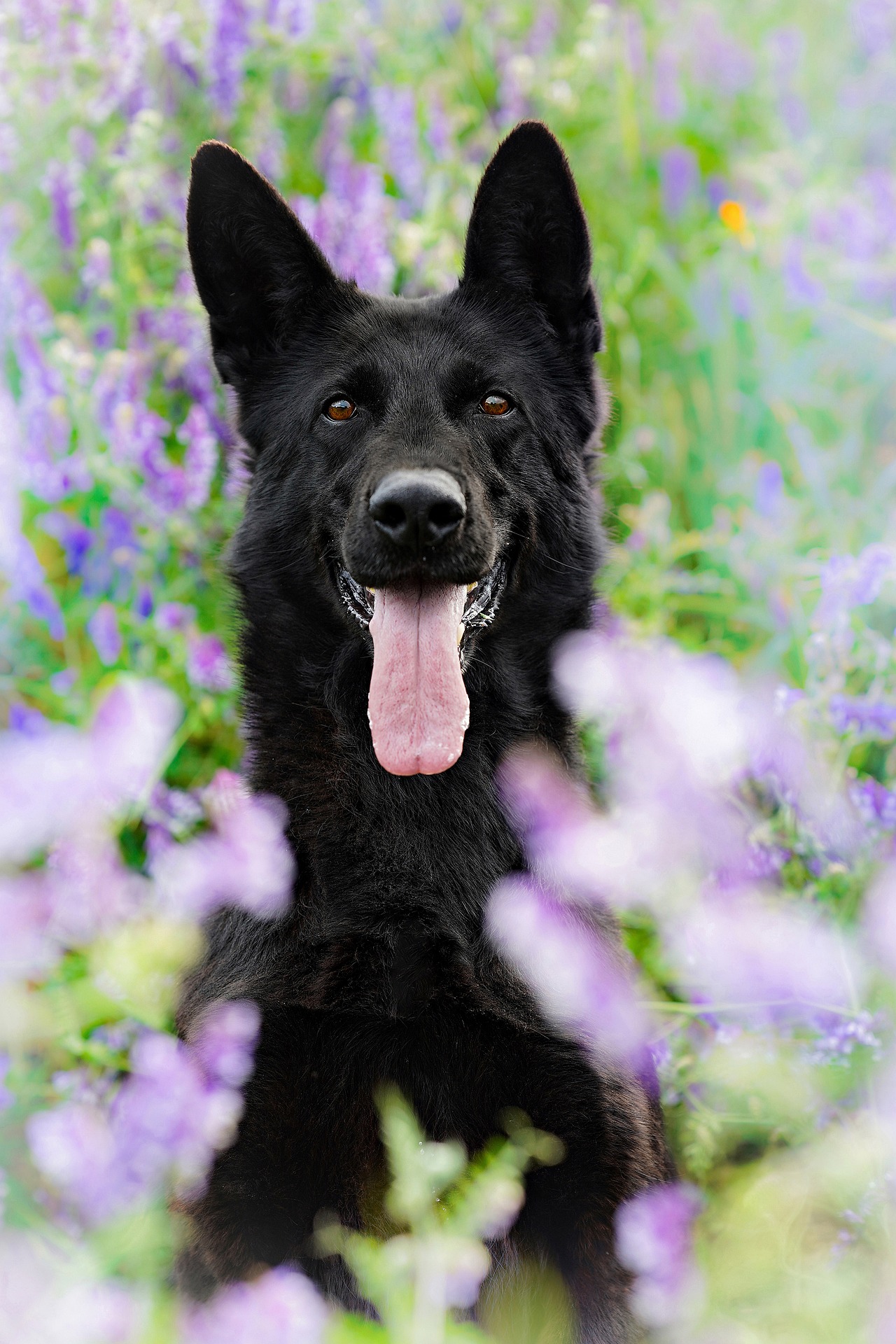The loss of a beloved pet can be a devastating experience, often leading to a profound sense of grief and sadness. The depth of the human-animal bond, characterized by unconditional love, companionship, and emotional support, can make the grief following a pet’s death as intense as that experienced after the loss of a human loved one. This article will delve into the effects of pet grief, exploring the factors that influence its intensity and offering insights into various coping mechanisms and support systems that can aid in the recovery process.
The Human-Animal Bond and Grief
Pets are more than just animals; they are cherished family members, confidants, and sources of unwavering support. Research has shown that the loss of a pet can trigger a grieving process similar to that experienced after the death of a human loved one. This grief can manifest in emotional distress, including sadness, anger, guilt, and even depression. (Uccheddu, et al., 2019) highlight that the intensity of grief is often linked to the level of attachment between the owner and the pet, with those who considered their pets as family members experiencing more intense grief.
Factors Influencing Grief Intensity
Several factors can influence the intensity and duration of grief after pet loss. These include:
- The nature of the relationship: The closer the bond with the pet, the more intense the grief is likely to be.
- Circumstances of the pet’s death: Unexpected or traumatic deaths can lead to more complicated grief reactions.
- Individual differences: Personality, coping mechanisms, and previous experiences with loss can all play a role in how an individual grieves.
- Social support: The availability of social support from friends, family, or support groups can significantly impact the grieving process.
Coping Mechanisms and Support Systems
Coping with the loss of a pet is a personal journey, and there is no one-size-fits-all approach. However, several strategies can help individuals navigate through their grief:
- Allowing oneself to grieve: It is crucial to acknowledge and express the emotions associated with the loss. Suppressing grief can hinder the healing process.
- Seeking support: Talking to friends, family, or a therapist can provide a safe space to share feelings and memories.
- Memorializing the pet: Creating a tribute, such as a photo album, planting a tree in their memory, or establishing a dedicated space for the pet’s belongings, can help honor their memory and provide a tangible way to express grief.
- Joining pet loss support groups: Connecting with others who have experienced similar losses can offer solace, understanding, and validation of one’s feelings.
- Considering a new pet: While a new pet cannot replace the lost one, it can bring new joy and companionship into one’s life when the time is right.
- Continuing bonds: Maintaining a connection with the deceased pet through memories, rituals, or even conversations can be a healthy way to cope with grief.
- CBT: After experiencing the loss of a pet, it’s common for people to withdraw from activities they once enjoyed. Cognitive Behavioural Therapy (CBT) can be a valuable tool to help them cope with this grief. CBT teaches individuals to identify and change negative thought patterns, address avoidance behaviours, and develop healthier coping strategies. Through CBT, people can learn to manage their grief, regain their independence, and re-engage in a fulfilling social life (12 South Recovery, 2023).
Here at Sehat Psychology we have psychologists who can assist in grief. If you or someone you know are struggling with a loss of a pet, book an appointment with our psychologist, to provide assistance through these difficult times. You can book appointments by calling (08) 7079 9529 or emailing us at admin@sehatpsychology.com.au
Works Cited
12 South Recovery, 2023. 12 South Recovery. [Online] Available at: https://12southrecovery.com/articles/how-can-cognitive-behavioral-therapy-help-an-individual-move-forward-from-losing-a-loving-pet/#:~:text=The%20technique%20can%20be%20used,social%20life%20without%20their%20pets
Carlisle, E. et al., 2018. [Online].
Cleary, M. et al., 2021. Grieving the loss of a pet: A qualitative systematic review. Death Studies, 46(9), pp. 2167-2178.
Hughes, B. & Harkin, L. B., 2022. The Impact of Continuing Bonds Between Pet Owners and Their Pets Following the Death of Their Pet: A Systematic Narrative Synthesis. OMEGA – Journal of Death and Dying, Volume 0.
Uccheddu, S. et al., 2019. Pet Humanisation and Related Grief: Development and Validation of a Structured Questionnaire Instrument to Evaluate Grief in People Who Have Lost a Companion Dog. Animals, 9(1).
